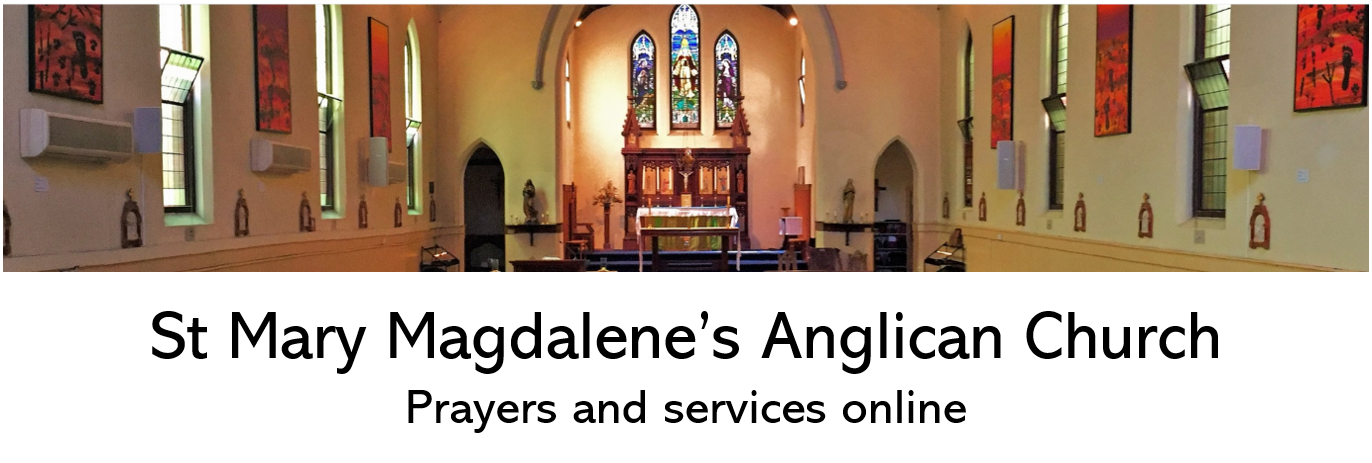| What sort of rhythm of life have you noticed you need? Get in touch with a time(s) when God’s presence touched you. Can you imagine that same God moving and acting in you now – for the sake of our world? What’s God saying to you now? What time and space and solitude do you seek – and could you be being asked to return more balance in your life? What blocks you from being more loving and compassionate? From working and praying for peace and justice? What issues facing our world would you list as urgent today? |  |
By giving ourselves space we allow deeper meanings to emerge, new energies for change and transformation to arise, and hope to become a possibility. No longer do we have to make God in our own image or shape God to fit our circumstances or run away from our painful ‘necessities’. In the risky exposure to the way things are we can discover what Brian Kennan discovered as a hostage in Beirut: “Captivity had recreated freedom for us. Not a freedom outside us to be hungered after, but another kind of freedom which we found to our surprise and relish within ourselves”.

Here is Thomas Merton, the contemplative, the one who knows that “The heart only is capable of knowing God”; who knows and experiences that “there is in all things visible…a hidden wholeness”; who tells us that “Paradise is all around us and we do not understand”; who can exclaim “You have found me. All I have to do is stay found”; who says very simply “Perhaps we only need to wake up”.
And the deepest level of communication is not communication, but communion. It is wordless. It is beyond words, and it is beyond speech, and it is beyond concept. Not that we discover a new unity. We are already one. But we imagine that we are not. And what we have to recover is our original unity. What we have to be is what we are.
We find in ourselves a simple affirmation which is not of ourselves. It simply is. In our being there is a primordial yes that is not our own; it is not at our own disposal; it is not accessible to our inspection and understanding; we do not even fully experience it as real (except in rare and unique circumstances) and we have to admit that for most people this primordial “yes” is something they never advert to at all….Basically, however, my being is not an affirmation of a limited self, but the “yes” of Being itself, irrespective of my own choices. Where do “I” come in? Simply ,in uniting the “yes” of my own freedom with the “yes” of Being that already is before I have chosen to choose.




